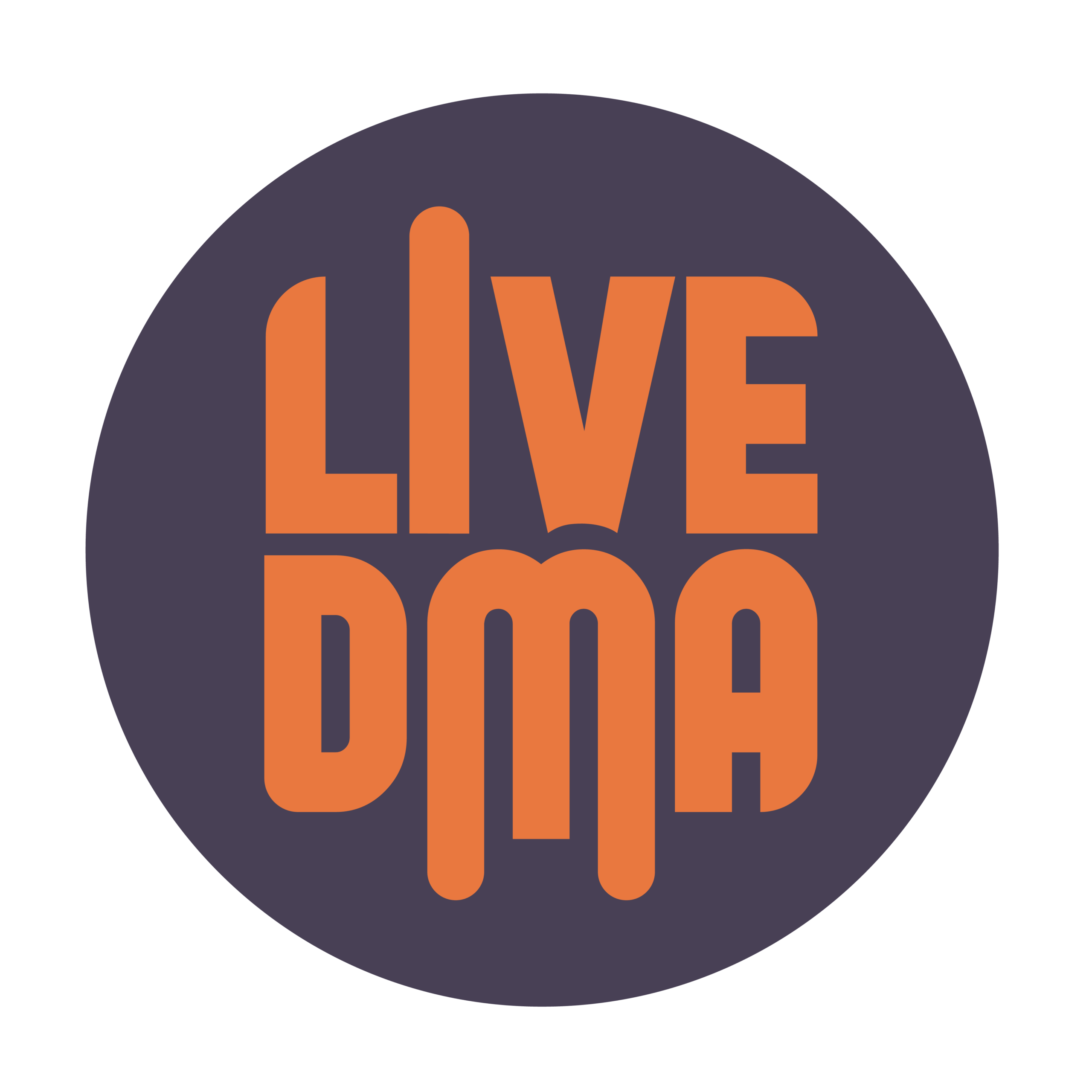“It’s really important for us to be at the forefront on the sustainability and inclusion questions, to inspire others and help with all these things. If we don’t have a sustainable future, we may not have a future at all.”
Communication Officer
-
Freemuse is an independent international organisation advocating for and defending freedom of artistic expression. In 2020, they released the report on “Security, Creativity, Tolerance and their Co-Existence: the New European Agenda on Freedom of Artistic Expression”. This report, after clearly defining what is “freedom of expression” and the crucial social and political roles of artists,…
Read»
-
In the context of the Music Moves Europe call for tenders 2018, a study to define a European export strategy was published by the European Commission. This research is the product of a work carried out by a consortium of partners led by Le Bureau Export and EMEE with MICA, KEA and Factory 92. This…
Read»
-
After a few words on the activities we led at Eurosonic Noorderslag Festival in January 2020, the podcast of February 2020 presents the new Facts & Figures of the European live music sector, as presented in our latest Survey publication. After a focus on the Diversity Roadmap, a tool to accomodate more diversity and inclusion…
Read»
-
Volunteers are a huge part of the culture and functionning of live music scenes in Europe. Whether it is an activity that you start to meet new people, as an commitment to your local community and/or to get a foothold on the live music sector, the reasons to volunteer are various and all valid! Navigate…
Read»
-
The first Live Style Europe radioshow of 2020 focuses on advocacy within the European live music sector. Advocacy means “public support for an idea, plan, or way of doing something”. Learn more about how Live DMA advocates for better conditions for the live music sector and the several campaigns we took part in the last…
Read»
-
This tenth episode of Live Style Europe focuses on the theme of sustainable development and ecology in the live music sector. As the European Union has put the fight against the climate crisis as one of its top priorities, and recognized culture as one of the pillars of sustainable development, the live music sector all…
Read»
-
Live DMA, with 7 other European organisations of the live music sector, wrote a joint letter in support of a sectorial focus on music in Creative Europe (2021-2027). “[The EU Commission & Parliament’s support to Music Moves Europe and the inclusion of “diversity and competitiveness of the music sector” as a key topic in the…
Read»
-
Live DMA co-signed with 92 other European cultural organisations a joint letter for an increased budget for Creative Europe 2021-2027. “Today, Creative Europe represents a mere 0,15% of the overall EU Budget. This is by no means proportionate to our sectors’ contribution to the EU economy, which stands at €509bn in value added to GDP…
Read»
-
Live music scenes are not exempt from the sexist and sexual violence that takes place in everyday life, even though many live music associations part of Live DMA have developed prevention initiatives against sexual violence for concert audiences. This article aims at explaining what is sexual violence, where does it come from and why it…
Read»
-
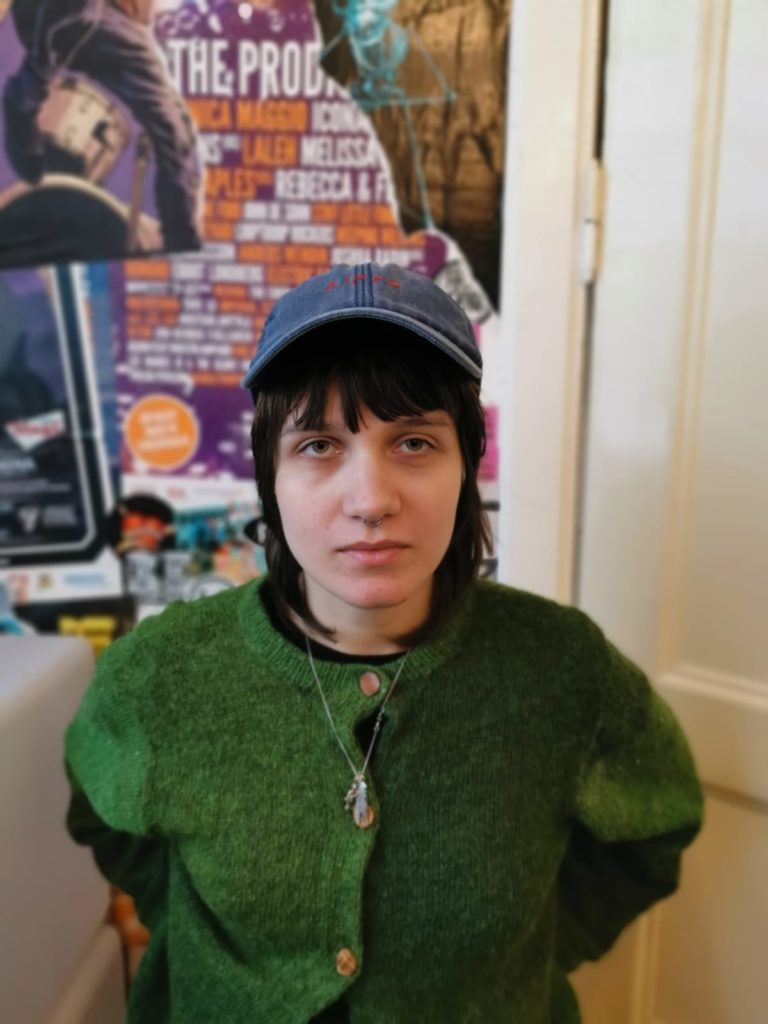
-
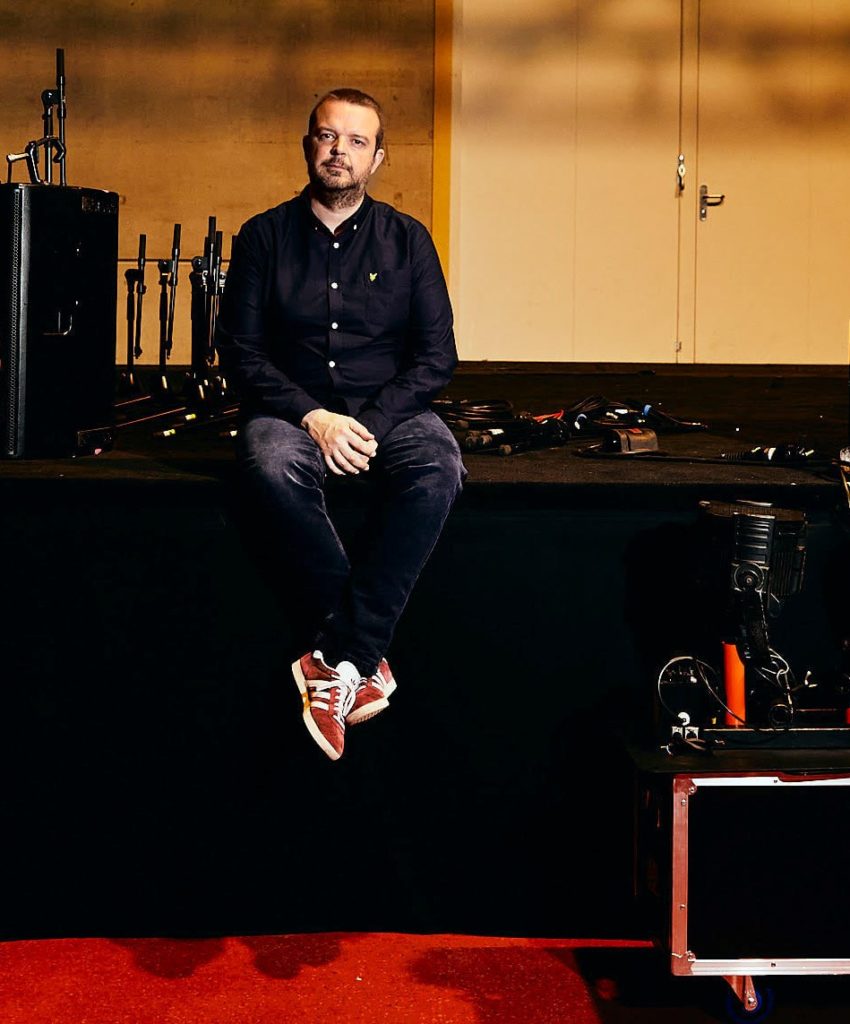
“It’s all about sharing and cooperation!”
-
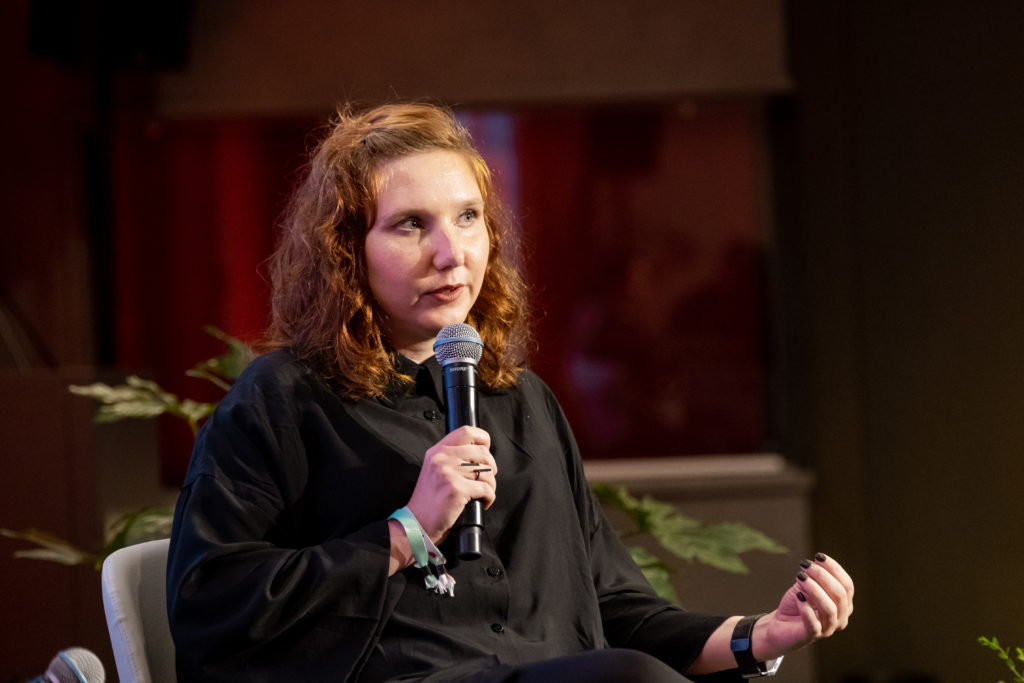
“We need organisations like Live DMA to support our activities. During COVID, it was important to have Live DMA meetings so that we could learn what was going on in the other countries, and that was very helpful when it came to the lobby work on the local level”
-
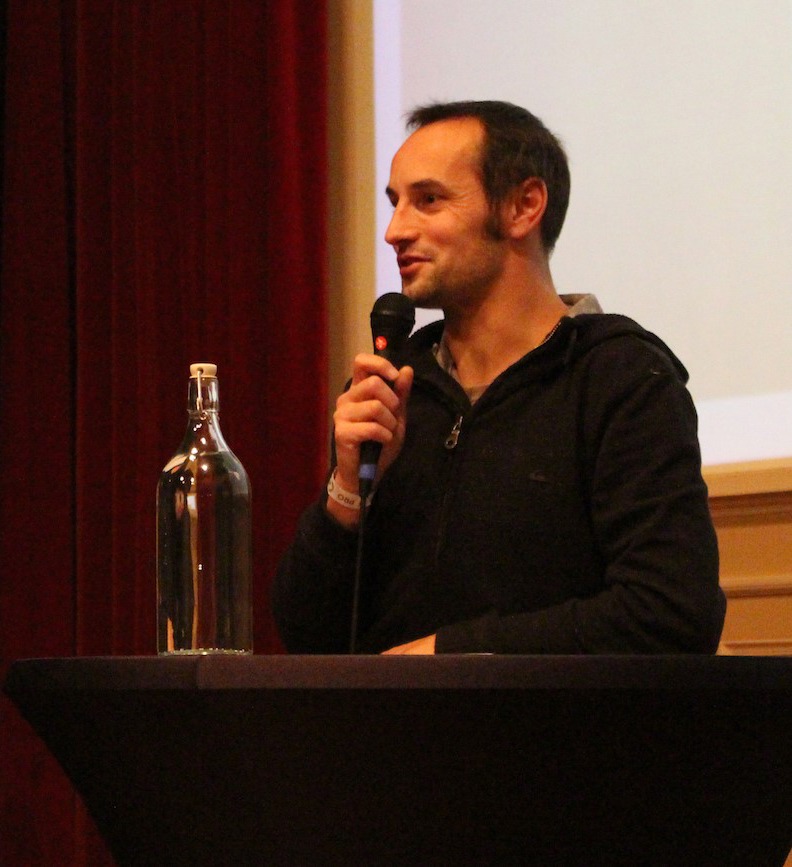
“We have been celebrating the 10th anniversary of Live DMA, a network which was created in 2012 by venue networks from all over Europe. The purpose was to share knowledge and skills with each other, and to set up common projects, and I think we’ve succeeded in doing that!”
-

“I learned to collect and process data with good quality, and also I learned the importance of data to start a dialogue with institutions. Good data gave ACCES a lot of recognition”
-

ʻʼThanks to Live DMAʼs Survey, we showed our government that the more a venue is subsidized, the more money they generate. The Ministry of Culture had little knowledge of our sector. So to present these figures from different European countries was crucial in re-valorising our subsidies.”
